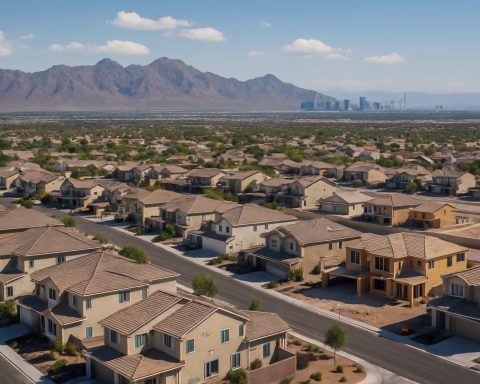Internet and telecommunications are heavily influenced by Yemen’s political fragmentation. In Houthi-controlled areas (including the capital Sana’a), the de facto authorities tightly control the state-run networks and impose strict censorship. The Houthi-run YemenNet has a history of blocking websites and social media deemed critical of the Houthis. Since the Houthi takeover of Sana’a in 2015, at least a dozen news websites not aligned with the Houthi movement have been consistently blocked on Yemen’s internet article19.org. Platforms like Facebook, Twitter, Telegram and various news sites have been intermittently filtered or shut down – for instance, YemenNet cut access to social media and news in late 2017 during a military flare-up smex.org, and in September 2023 it blocked Zoom, Google Meet, and Signal to disrupt planned anti-Houthi demonstrations article19.org. Houthi authorities have even completely shut off the internet on occasion; in one case in December 2017 they turned off internet access for the entire country for about 30 minutes, apparently to suppress the spread of videos of Houthi abuses foreignpolicy.com. These acts are part of a broader pattern of censorship and information control that has intensified with the conflict article19.org. Freedom of expression online is severely restricted in Houthi areas, and users fear surveillance – the Houthi-run telecom infrastructure allows for potential monitoring of internet traffic in Sana’a, and residents are highly wary of snooping by authorities foreignpolicy.com.
By contrast, the internationally recognized government claims to follow a more open policy in areas it administers, although its reach is limited. When AdenNet was launched, officials promised it would uphold internet freedom and only block pornography or content violating cultural norms smex.org. However, observers have raised concerns since AdenNet is supported by Saudi Arabia and the UAE – countries known for extensive web blocking – which could influence its practices smex.org. Overall, Yemen lacks robust legal protections for online speech. There have been reports of arrests and harassment of bloggers and activists in both Houthi and government areas, and both sides of the conflict view control of the internet as a strategic asset. The regulatory environment is essentially defined by the conflict: each side operates its telecom sector as a monopoly, and licensing of new providers or technologies is politicized. For example, until 2018 no competing ISP could operate, and even now YemenNet (under Houthi control) and AdenNet (government) each hold sway in their territories. This state (and de facto state) control means policies can change with political conditions – such as shutting down networks for “maintenance” as a pretext for censorship or security moves bostonpoliticalreview.org bostonpoliticalreview.org.
Read more at https://ts2.tech/en/internet-access-in-yemen-overview-and-key-aspects/









